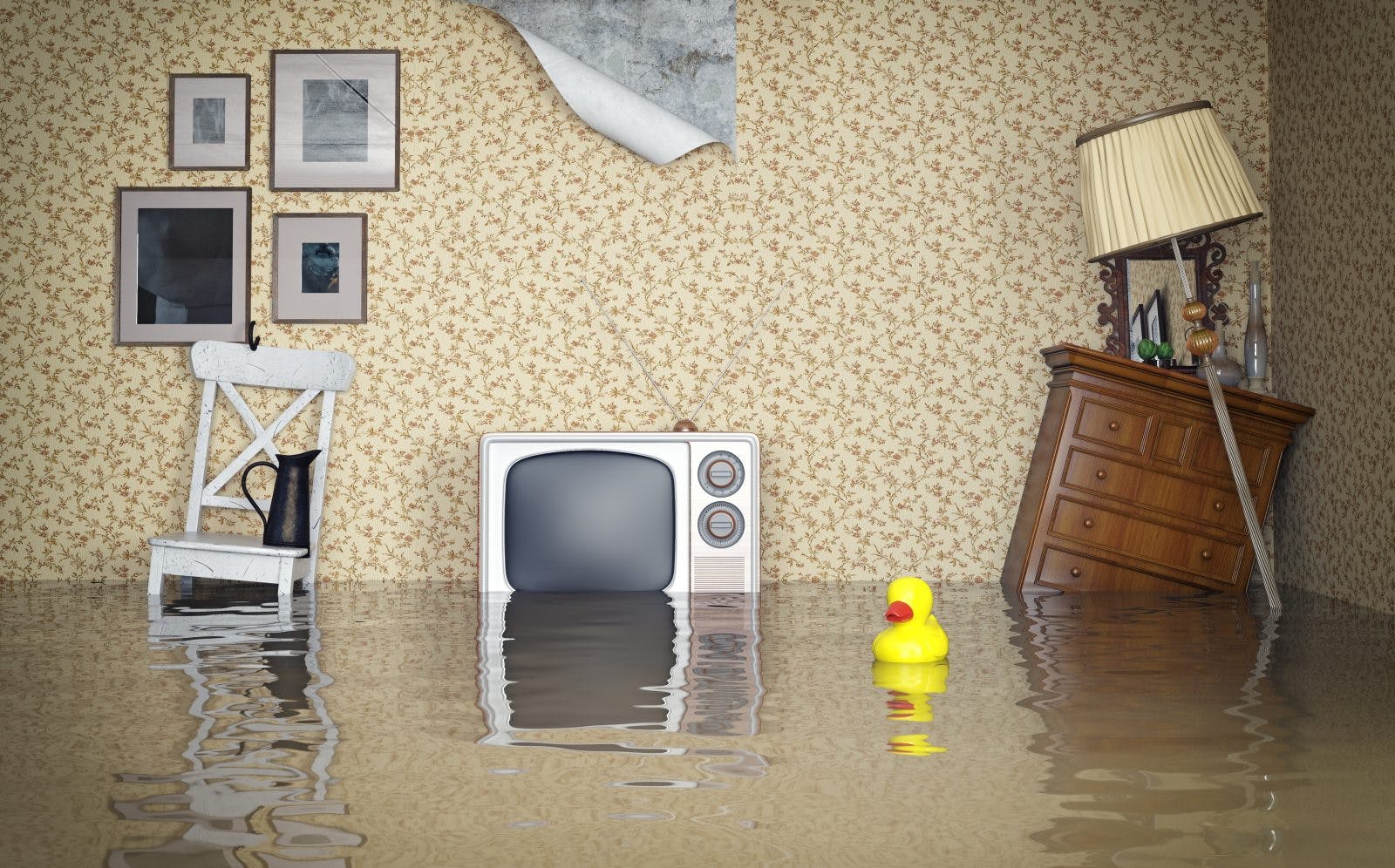You’re hosting a large gathering for a special event – birthday, graduation, Thanksgiving – and the house is packed with friends and relatives. Two TVs are playing the big game in the background, lights are on in every room and the dishwasher is running the first of a few cycles on this busy day.
Then, poof!, the electricity goes out. What to do?! Losing power to the home is likely the least of your many potential home utility worries. Most times, it’s simply a matter of lightening the load on your home’s electric panel while flipping a switch or two on the circuit box.
Power back on, done! But what if the electricity does not return? Do you have a plan for when Murphy’s Law comes knocking on the door?
Here are some tips when (not if) you face one of a few home utility emergencies.
Electrical
If the routine steps above do not bring power back to your home, the issue may be more serious. Check around the home for:
- Water that may have come in contact with electrical outlets or wiring; if that is the case be extremely careful to avoid shock and look for the main on/off switch – or chief circuit breakers – to the electrical panel. In many cases, the breaker or switch will be marked with the highest number of amps (150 or 200 usually).
- Structural damage, for example, when an earthquake hits or a tree falls; Watch your step: Power will likely be active outside, particularly from a downed wire.
- The smell of burning material, the sign of overheating outlets, switches or extension cords, or from electrical devices, including appliances.
Learn more about power outages.
Gas
Most homes with natural gas connections have a shutoff valve on the gas meter, usually located outside the house or in the basement. Have a wrench available to close the valve, usually with a quarter turn clockwise. Some cutoff valves require a special wrench; check your toolbox and try to close the valve now or contact your utility company for advice. If the valve requires a special wrench, tie it to the meter to avoid trying to locate it in an emergency.
In our earthquake-prone state, gas meters can be retrofitted with seismically triggered automatic shutoff valves. Talk to a plumber or your utility company to find a qualified professional to install the device. Never attempt to reopen this special valve without assistance from the gas provider.
If you smell gas – similar to rotten eggs – then act immediately to put out any open flames (range/oven, fireplace, firepit), shut off the supply, open the windows, leave the home, call your utility company and do not strike a match or use a lighter.
Unlike natural gas, propane is heavier and can fill the lower portion of rooms when there is a leak. Propane is odorless but suppliers add a distinctive scent and should provide a scratch-and-sniff card to remind people of the smell. The propane shutoff valve is usually located under the cap on top of the tank.
For the health and safety of your household, it is recommended that you purchase and install propane and gas multipurpose detectors. They can act as a backup warning device and are well worth the approximately $25 price.
Learn more about the health effects of a gas leak.
Water
Pipes can burst and suddenly turn a basement into an unwanted indoor pool. How you react when finding a leak – or flood – is important for the long-term care of your home.
When first discovering water, find the shutoff valve. It’s usually located next to the water heater. If your home has a basement, the valve could be on the opposite side of the basement wall from where the hose bib enters the house. Homes with a crawlspace may have the shutoff valve along the front wall of the house.
Be sure you and your family members know where the valve is located and how to shut off the water. Precious seconds can save hundreds of dollars in cleanup and repairs.
Leaky toilets or drains can be addressed at the source by shutting off the supply of water. This at least allows residents to use the water in other areas of the home while the isolated issue is addressed.
Once the water loss is under control, contact a plumber or if you’re resourceful try the DIY approach.
Learn more about finding a water leak in a home and how to resolve the matter.
The home is your castle. Be prepared for those surprise moments when there is an emergency and be sure all household members know how to safely react.




